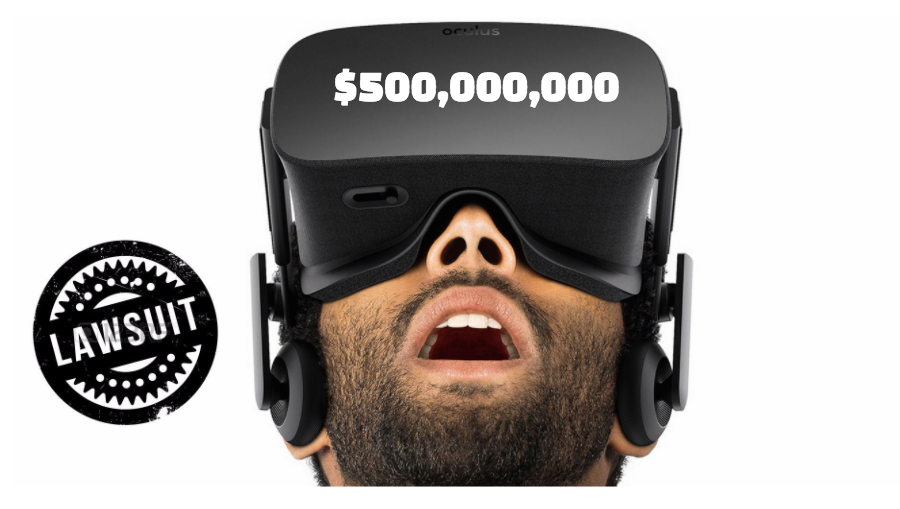Oculus To Pay Half Billion Dollars In VR Lawsuit

Short Bytes: Oculus recently lost a lawsuit filed by Zenimax, and faced a jury decision to pay ZeniMax half a billion dollars for copyright infringement, violation of non-disclosure agreement between Oculus and Zenimax and false designations for allegedly using ZeniMax tech and code to use in Oculus Rift Headset.
Facebook’s child company Oculus was ordered by a Dallas Jury to pay ZeniMax $500 Million. According to the jury, Oculus violated a non-disclosure agreement. The lawsuit originated and was filed in 2014 out of a two year old dispute between ZeniMax and Oculus. ZeniMax is the owner of id Software, which is the creator of popular games like Doom, Quake Series, and Rage. Zenimax alleged that Oculus CTO John Carmack (also co-founder id Software) and Oculus founder Palmer Luckey stole intellectual property to start the work on Oculus VR Headset.Oculus, however, wasn’t accused or found guilty of misappropriating trade secrets, which was another charge alleged by ZeniMax. ZeniMax was seeking as much as $4 billion, but some of the charges were thrown away. The distribution of the money comprises of $200 million for NDA violation, $50 million for copyright infringement, $50 million against both Oculus and co-founder Palmer for false designation, $150 million against former CEO Brendan Iribe for false designation.
The complaint against Carmack argued that he had offered assistance for the software he developed at ZeniMax, to Oculus which was alleged to be the key component in making Rift Work. The complaint charged Oculus with:
- Infringing non-disclosure agreement that the co-founders signed with ZeniMax.
- Copyright violation by using ZeniMax games and code.
- Establishing false designation by confusing people to believe that Zenimax products were from Oculus.
On the other hand, Oculus claimed that it was a stunt attempt to make a profit out of Oculus’ success because the the lawsuit was filed shortly after Oculus’s acquisition by Facebook.
ZeniMax refined argument was that Luckey had used ZeniMax technology and code to make a prototype which was enhanced by Carmack. On the other hand, Oculus defended this argument by saying that Luckey was a young genius.
After the settlement decision, ZeniMax CEO Robert Altman was found particularly proud and saying that technology was an important part of their business and any theft of intellectual property would always be taken very seriously. ZeniMax is keen on keeping the other reject parts of the lawsuit open to more possibilities, to bring down the parts of ZeniMax that are used to develop in Oculus.
Also Read: Google Beats Apple To Become “The Most Valuable Brand” In The World In 2017






